
Article
Why the Coronavirus Is So Confusing
A guide to making sense of a problem that is now too big for any one person to fully comprehend
The Atlantic,
2020
Recommendation
Why is it that the novel coronavirus, SARS-CoV-2, which causes COVID-19, makes some people mortally ill and others not? How contagious is it really? How many have been infected so far? Answers to these questions remain largely in the dark. Part of the problem may be the unprecedented scale of the pandemic itself. Science journalist Ed Yong offers a guide to navigating and trying to grasp a pandemic that has overwhelmed just about everyone.
Summary
About the Author
Ed Yong is a British science journalist and a staff writer for The Atlantic. He is the author of I Contain Multitudes: The Microbes Within Us and a Grander View of Life.
By the same author
Learners who read this summary also read
Podcast


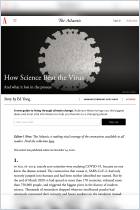
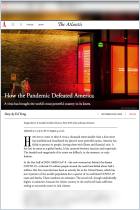

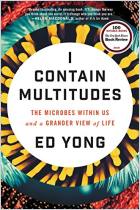
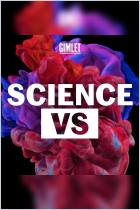

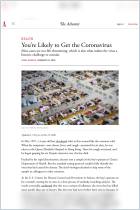

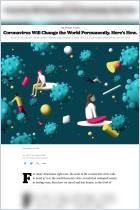
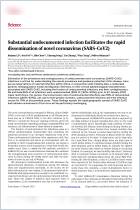
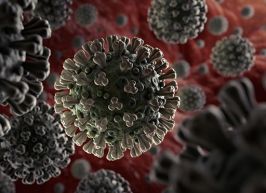
Comment on this summary